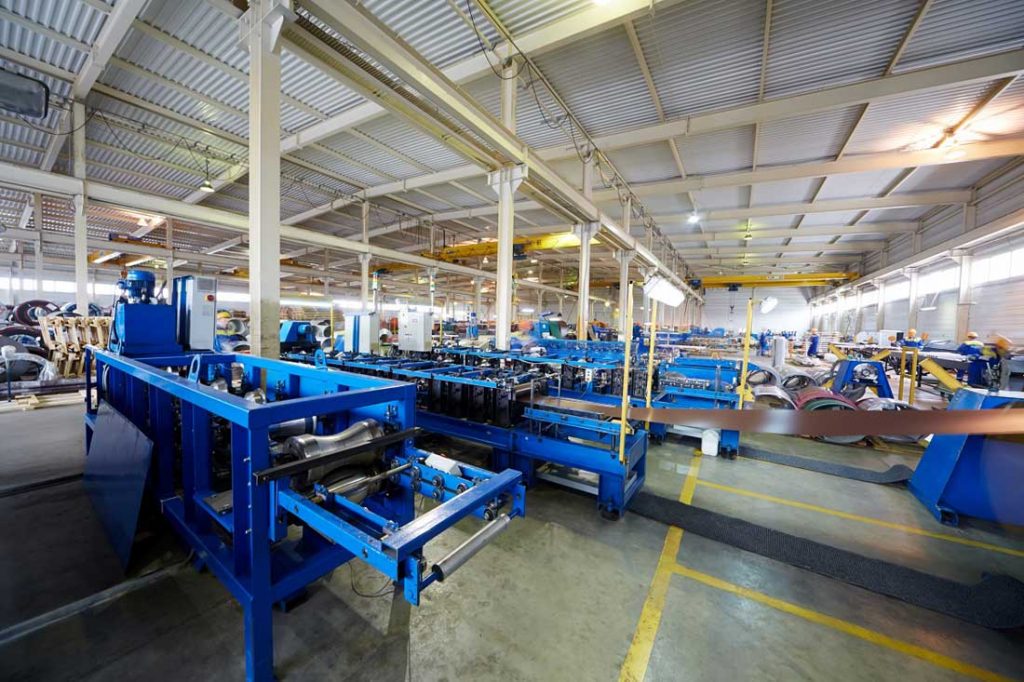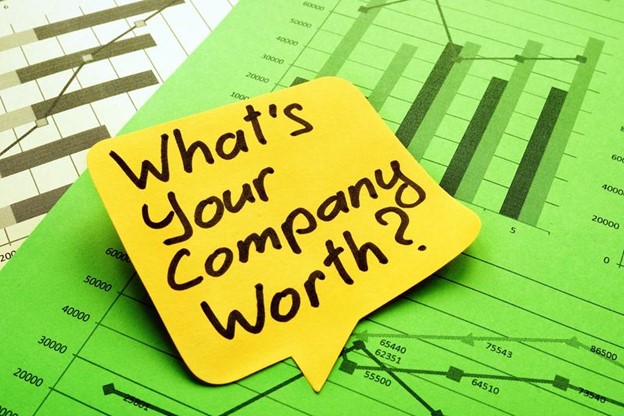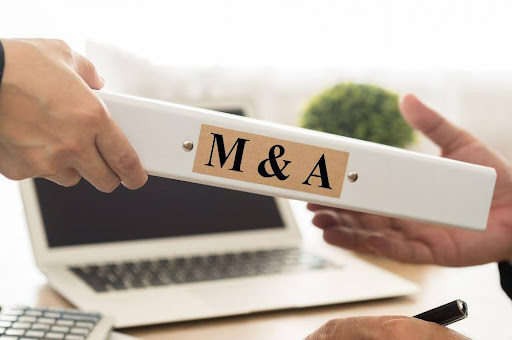Every business owner wants to get the maximum value for their manufacturing business when they decide to sell it. As middle-market business brokers specializing in manufacturing business for sale in Orange County between $1million and $50 million in sales, we see a wide variety of manufacturing companies. This gives us a great deal of insight into what drives value and marketability for these companies.
So how do you create a business that can be sold and will fetch a great price when you sell it? Firstly, remember that each step you take to increase the value of your business will build a better business along the way. There will be no wasted time, effort, or money in this endeavor. The value of your business is directly tied to profitability, growth, and operational excellence.
Increasing the Marketability & Value of Your Manufacturing Business:
We have outlined several key factors below that drive the value of manufacturing businesses and increase marketability.
- Financial Performance:
The revenue, earnings, and growth of your company are the primary value drivers. Earnings, more specifically Discretionary Earnings (DE) and/or EBITDA (Earnings Before Interest Taxes Depreciation & Amortization, are the most important value driver for a business. This is how your business will be valued, as a multiple of DE and EBITDA (Earnings Before Interest Taxes and Depreciation). The growth need not be huge, in fact, many buyers and banks prefer moderate steady growth over a huge-sudden increase (the concern is will it continue). Businesses with flat sales do well on the market and their value is not diminished. Steady sales and revenue are seen as a stable business with an opportunity for growth. - Growth:
It’s worth addressing growth separately from the above. While banks and buyers like stability, growth will drive the value of your business more than any other factor. Simply put, for every dollar you add to your DE or EBITDA the value of your business will increase by $3 to $4. For example, if you add $100,000 to your DE your business value just increased by $300,000 to $400,000.
Something else about growth. You may be aware that valuation multiples vary by industry, but few are aware they also vary by business size and earnings. A business with $1 million in EBITDA will be valued at a higher multiple than a business with $150,000 of EBITDA. There are no set thresholds, but broadly speaking, the key earnings thresholds are $250,000 EBITDA, $500,000 EBITDA, $1 million EBITDA, and so on. Thus, as you grow your business and punch through these thresholds the value increases by the multiple of earnings and the multiple will increase as well. - Financial Records:
The tax returns, P&Ls, and other financial records are the scorecard for business value. This information is how the business will be valued by your Business Broker, SBA lenders providing financing for the buyer, and the buyer themselves. You should review your tax returns and P&Ls with your CPA well before putting your business on the market to ensure they are accurate and prepared for a sale.
The business tax returns are the primary documents used for valuation. It is vital to have well organized and accurate tax returns for the sale of your business. Both Business Brokers and SBA lenders (banks) are familiar with small and mid-size business tax returns and know the owner’s salary, benefits and expenses must be added back (adjusted) to arrive at the owner’s actual earnings. This process is called recasting the financials and the total owner’s economic business is called Discretionary Earnings or DE.
Your salary (owner’s compensation), owner’s benefits, and expenses must be clearly shown on the tax returns in order to be added back to calculate the DE. “Cash” income and expenses not shown on the tax returns are not considered in the valuation process. - Systems & Procedures:
Systems and procedures are especially important in manufacturing businesses. It is critical for the buyer to be able to step in and start running the business (with training from you) in a reasonable amount of time.
For manufacturing businesses quality certifications such as ISO-9001, ISO-9002, and NADCAP are recognized industry standards that both customers and prospective buyers value. Having one or more of these certifications in place demonstrates your company has the systems, procedures, and quality standards of the top manufacturers in your business. - Staff & Infrastructure:
Staff and infrastructure do not directly add value to your business, in fact, in the short term, it will cost you money, but staff and infrastructure significantly increase the marketability of your business. Over the long term, staff and infrastructure should result in a more efficient business with additional capacity which should improve your bottom line.
A business that is highly dependent on the owner, especially a technical business such as manufacturing, is very difficult to sell. This often results in lower or discounted offers and it certainly results in the business taking much longer to sell. - Tax Strategy:
A tax strategy does not increase the value of your business, BUT it definitely has a major impact on how much of the proceeds you keep! Think of it this way, for every dollar you save on taxes, that is one dollar in increased pre-tax business value. Maximizing the value of your business and then losing a big chunk of it to taxes is a disappointing outcome that can be avoided with tax planning in advance.
A tax strategy can defer up to 90% of your taxes at closing and often reduce taxes by 30% to 35%. Our tax strategy CPA partner will meet with you for a complimentary consultation on tax strategies for the sale of your business. - Equipment & Facility:
When the buyer reviews your equipment and facility it should be ready for them to step in and continue running the business without major capital investment. While we don’t recommend buying new equipment close to the time of your sale because it does not add significant value and you won’t recoup your investment; your equipment must be in good condition, competitive in today’s market, and have a reasonable operational life remaining.
The facility should also be in good condition and should not need any significant capital investment in the short term.
The overall appearance of your facility sends a clear message to prospective buyers about how the business is run and the care and attention that goes into it. If your facility is in need of painting, organizing, and a cleanup, now is the time to do it.
Things that reduce business value and marketability:
- Financial Performance:
Revenue and earnings are the primary value driver for increasing business value, likewise, they can be the driving force behind reducing business value. - Financial Records:
Poor and/or disorganized financial records make a business difficult to sell and definitely hurt the value of the company. Likewise, poor financial records make the prospect of a Stock Sale unlikely due to the successor liability for the buyer. Losing the opportunity for a stock sale due to poor financial records could cost you up to 30% to 35% more in taxes by being forced into an Asset Sale. - Owner Dependency:
This is a key factor in manufacturing businesses. It is common for small business owners to wear many hats and do a number of things in the day to day operations of their company. Of course, this is fine when you are running the business for yourself, enjoying it, and have no plans to sell it in the near future. The problem is that if you are “the key” employee when it comes time to sell your business you may be difficult, if not impossible, to replace. In this case, you have created a very well paying “job” but not a “business” and it may not be possible to sell.
As you approach the horizon of when you plan to sell it is important to reduce the dependency of you in the business and delegate more responsibility to the staff. This doesn’t mean you have to turn it into an “absentee” owned business, but it is important to make yourself replaceable. - Customer Concentration:
Dependency on one or a small number of customers increases risk and can affect the value to a business as well as the ability to obtain SBA financing. While we have sold businesses with high customer concentrations, it is more difficult and typically takes much longer to sell a business with higher customer concentration.
If you have a high customer concentration (over 30% with one customer) we advise you to diversify your customer base if possible. If this is not possible, and in some cases, it is the nature of the industry, then the next best thing is to create a customer relationship that the buyer (and bank) will have confidence in. The key thing is for it to be a long-running relationship and a secure one with little risk of losing the project or business.
Ask us how we can facilitate the confidential sale of your Orange County manufacturing business.




